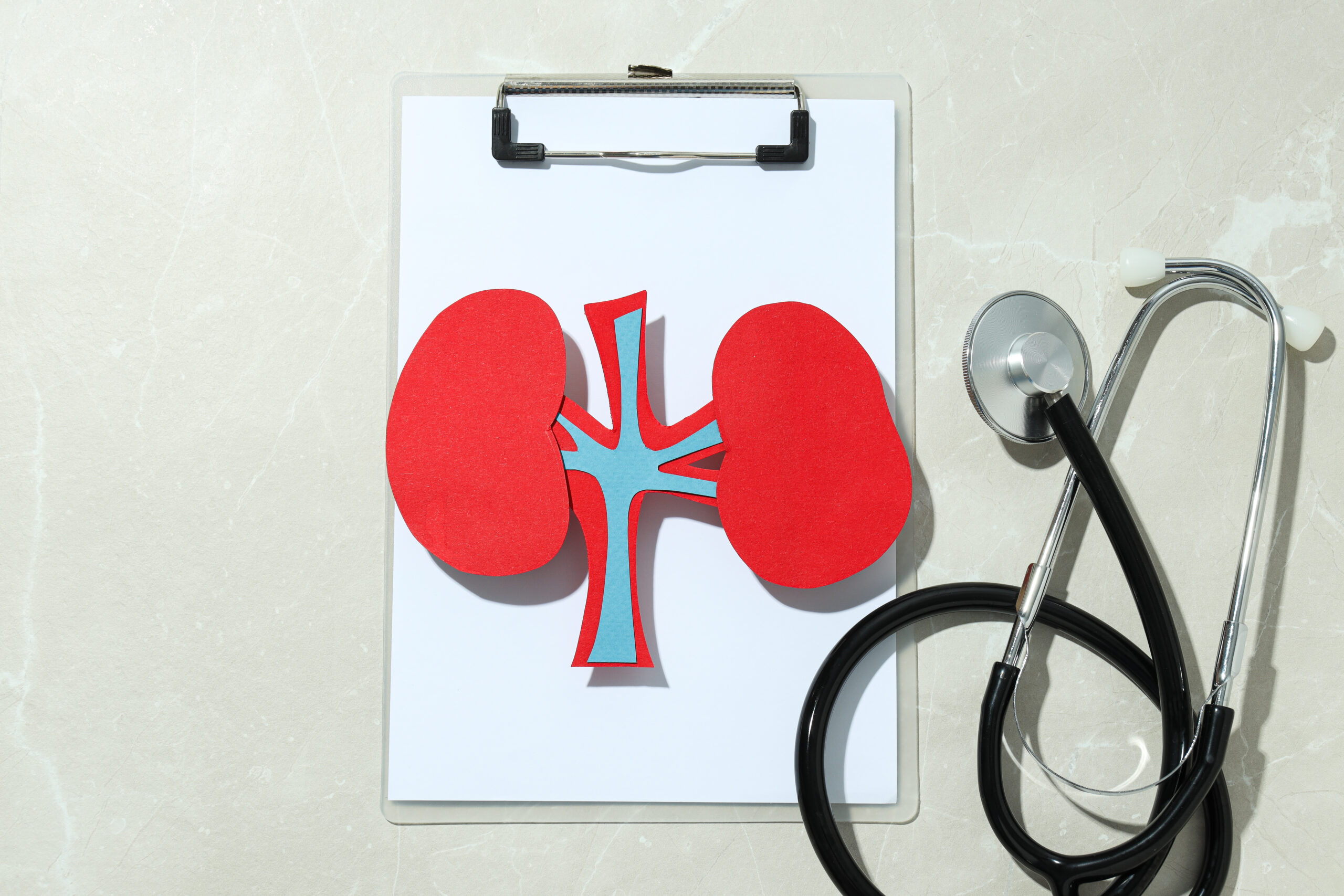When Kidneys Stop Working: Understanding Kidney Failure and What Comes Next | CuraKidney
Kidney failure means your kidneys can no longer filter waste effectively. At CuraKidney, we provide expert hemodialysis care to help you manage your health and maintain quality of life.
Your kidneys are essential organs that perform many critical functions—filtering waste and excess fluids from your blood, balancing electrolytes, regulating blood pressure, and supporting red blood cell production. When kidneys stop working properly, a serious condition called kidney failure or end-stage renal disease (ESRD) develops. Understanding this condition and the options available can empower you or your loved ones to face the journey ahead with confidence.
What Is Kidney Failure?
Kidney failure occurs when your kidneys lose most or all of their ability to filter blood effectively. This leads to the dangerous buildup of toxins, waste, and fluids in your body. Kidney failure usually develops gradually as the last stage of chronic kidney disease (CKD), often caused by long-term diabetes, high blood pressure, or other kidney conditions.
Because kidney failure affects many systems in your body, symptoms can be diverse, including fatigue, swelling (especially in the legs and face), shortness of breath, nausea, changes in urination, and persistent itching.
Treatment Options: What Comes Next?
Once kidney failure is diagnosed, treatment focuses on replacing the function of the kidneys to maintain your health and quality of life. The main options include:
- Hemodialysis
Hemodialysis is a medical treatment that helps remove waste and excess fluids from your blood when your kidneys can no longer do so. At CuraKidney, we specialize in providing high-quality hemodialysis care in a comfortable and supportive environment. Hemodialysis typically involves sessions several times a week at our center, where your blood is filtered through a machine to help keep you healthy.
- Kidney Transplant
A kidney transplant involves surgically placing a healthy donor kidney into your body. Transplants can restore kidney function and improve quality of life but require lifelong medications to prevent organ rejection.
- Conservative Management
For some patients, especially those who may not be candidates for dialysis or transplant, symptom management and quality of life improvements through medications and supportive care are important options.
Although kidney failure is a serious diagnosis, many patients live active and meaningful lives with the right care. Lifestyle adjustments, adherence to treatment plans, proper nutrition, and emotional support play vital roles in managing your condition.
Facing kidney failure can be overwhelming, but you are not alone. Understanding the condition and your treatment choices is the first step toward managing your health proactively. At CuraKidney, we provide compassionate, expert hemodialysis care designed to support you every step of the way. Whether you’re starting treatment or seeking ongoing support, we’re here to help you live longer, healthier, and fuller lives.
CuraKidney Dialysis and Renal Care Center is located at the Ground Floor of Ayala Malls Feliz, Brgy. Dela Paz, Pasig City.


